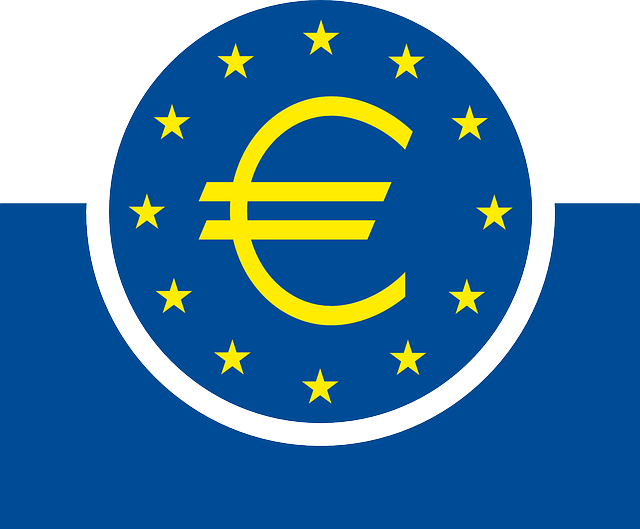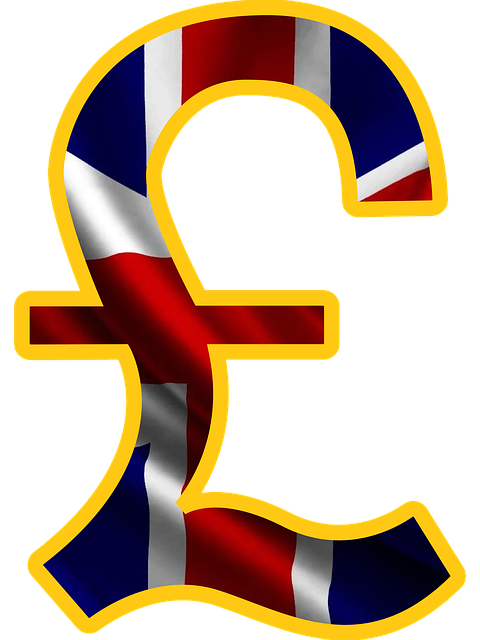Convert Currency
How Currency Conversion Works
I. Introduction
Brief explanation of the concept of currency conversion.
Importance of understanding currency conversion in a globalized world.
Purpose of the essay: to explore the methods and factors involved in converting currency amounts effectively.
II. Factors Influencing Currency Conversion
Discussion on exchange rates and their impact on currency conversion.
Factors influencing exchange rates such as inflation, interest rates, political stability, and market speculation.
Role of central banks and financial institutions in setting exchange rates.
III. Methods of Currency Conversion
Explanation of different methods of currency conversion, including online currency converters, financial institutions, and currency exchange offices.
Comparison of the convenience, cost, and reliability of each method.
Importance of considering fees and exchange rates when selecting a method for currency conversion.
IV. Practical Tips for Efficient Currency Conversion
Strategies for minimizing costs during currency conversion, such as monitoring exchange rates, avoiding high-fee services, and conducting bulk transactions.
Importance of planning ahead for currency conversion to take advantage of favorable rates.
Risks associated with timing currency conversions and strategies for mitigating those risks.
V. Currency Conversion in Business and Travel
Importance of understanding currency conversion in international business transactions.
Impact of currency fluctuations on import and export businesses.
Practical tips for travelers to manage currency conversion effectively when visiting foreign countries.
VI. Conclusion
Recap of the significance of understanding currency conversion in a global context.
Summary of key factors, methods, and tips discussed.
Final thoughts on the importance of making informed decisions when converting currency amounts.
Understanding currency conversion is essential in a globalized world where international trade and travel are commonplace. Currency conversion refers to the process of exchanging one currency for another based on the prevailing exchange rate. The value of a currency is constantly fluctuating due to various factors, making it crucial to grasp the fundamentals of currency conversion.
Several factors influence currency conversion, with exchange rates playing a central role. Exchange rates represent the value of one currency in terms of another and are determined by a combination of economic factors. Factors such as inflation, interest rates, political stability, and market speculation all impact exchange rates, leading to fluctuations in currency values. Central banks and financial institutions play a key role in regulating exchange rates to ensure stability in the currency market.
Various methods are available for currency conversion, ranging from online currency converters to traditional financial institutions and currency exchange offices. Each method has its advantages and disadvantages concerning convenience, cost, and reliability. When selecting a method for currency conversion, it is important to consider factors such as fees and exchange rates to minimize costs and maximize the value of the converted amount.
Efficient currency conversion requires careful planning and consideration of the prevailing market conditions. By monitoring exchange rates and avoiding high-fee services, individuals and businesses can minimize costs during currency conversion. Planning ahead and taking advantage of favorable exchange rates can help in optimizing the value of converted amounts while managing risks associated with currency fluctuations.
In the context of business and travel, understanding currency conversion is crucial for making informed decisions. International business transactions are heavily influenced by currency fluctuations, impacting import and export businesses. By staying informed about exchange rates and market trends, businesses can mitigate risks and maximize profits. Similarly, travelers can benefit from managing currency conversion effectively when visiting foreign countries, ensuring that they get the best value for their money.
In conclusion, currency conversion is a fundamental aspect of global finance and trade. By understanding the factors influencing currency conversion, exploring different methods of conversion, and implementing practical tips for efficient conversion, individuals and businesses can navigate the complexities of exchanging currency amounts effectively. Making informed decisions based on market conditions and planning ahead are key to maximizing the value of converted amounts while minimizing costs and risks.
Why Currency Exchange Rates Change
In today's interconnected global economy, currency exchange rates play a vital role in determining the value of different currencies. But have you ever wondered why currency exchange rates change? Let's dive into the factors that influence these fluctuations and understand the mechanism behind the volatile nature of exchange rates.
Before we delve into the reasons behind the fluctuating nature of currency exchange rates, let's first understand what these rates actually represent. Currency exchange rates indicate the value of one currency in terms of another. For example, the exchange rate between the US dollar and the Euro tells us how many dollars are needed to purchase one Euro. These rates are determined by various factors that affect the supply and demand of different currencies in the foreign exchange market.
Factors Influencing Currency Exchange Rate Changes
Economic Indicators: Economic indicators such as GDP growth, inflation rates, and employment data can greatly impact a country's currency value. Strong economic performance usually leads to a stronger currency, as investors are more likely to invest in countries with stable growth prospects.
Interest Rates: Central banks play a crucial role in setting interest rates, which in turn affect currency exchange rates. Higher interest rates typically attract foreign investors looking for better returns on their investments, leading to an appreciation of the country's currency.
Political Stability: Political stability and geopolitical events can also influence currency exchange rates. Uncertainty or instability in a country can lead to a decrease in investor confidence and a depreciation of its currency.
Trade Balances: Trade balances, which reflect the difference between a country's exports and imports, can impact currency exchange rates. A trade surplus (more exports than imports) can lead to a stronger currency, while a trade deficit may cause a currency to depreciate.
Market Speculation: The foreign exchange market is heavily influenced by speculation and market sentiment. Traders and financial institutions often buy and sell currencies based on their expectations of future exchange rate movements, leading to short-term fluctuations.
Currency exchange rates are constantly changing due to a multitude of factors such as economic indicators, interest rates, political stability, trade balances, and market speculation. Understanding the reasons behind these fluctuations can help individuals and businesses make informed decisions when dealing with foreign currencies. Stay informed, keep an eye on the latest developments, and remember that the foreign exchange market is a dynamic and ever-evolving landscape.
So, why do currency exchange rates change? The answer lies in the complex interplay of economic, political, and market forces that shape the value of different currencies. By staying informed and understanding the underlying factors, you can navigate the world of foreign exchange with confidence and make sound financial decisions.
Online valutakonverteringsverktøy
Online-valutakonverteringsverktyg
Online valutakonverteringsværktøj


